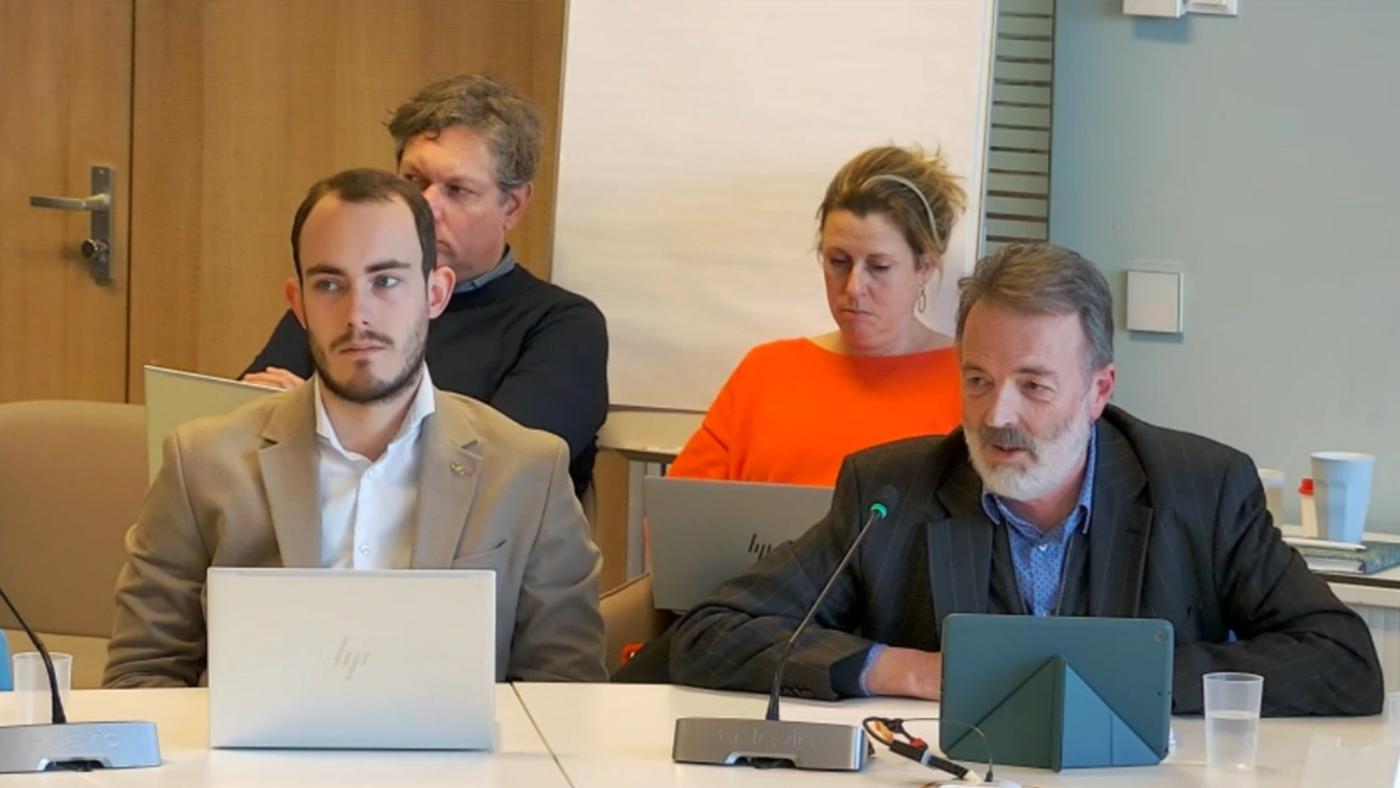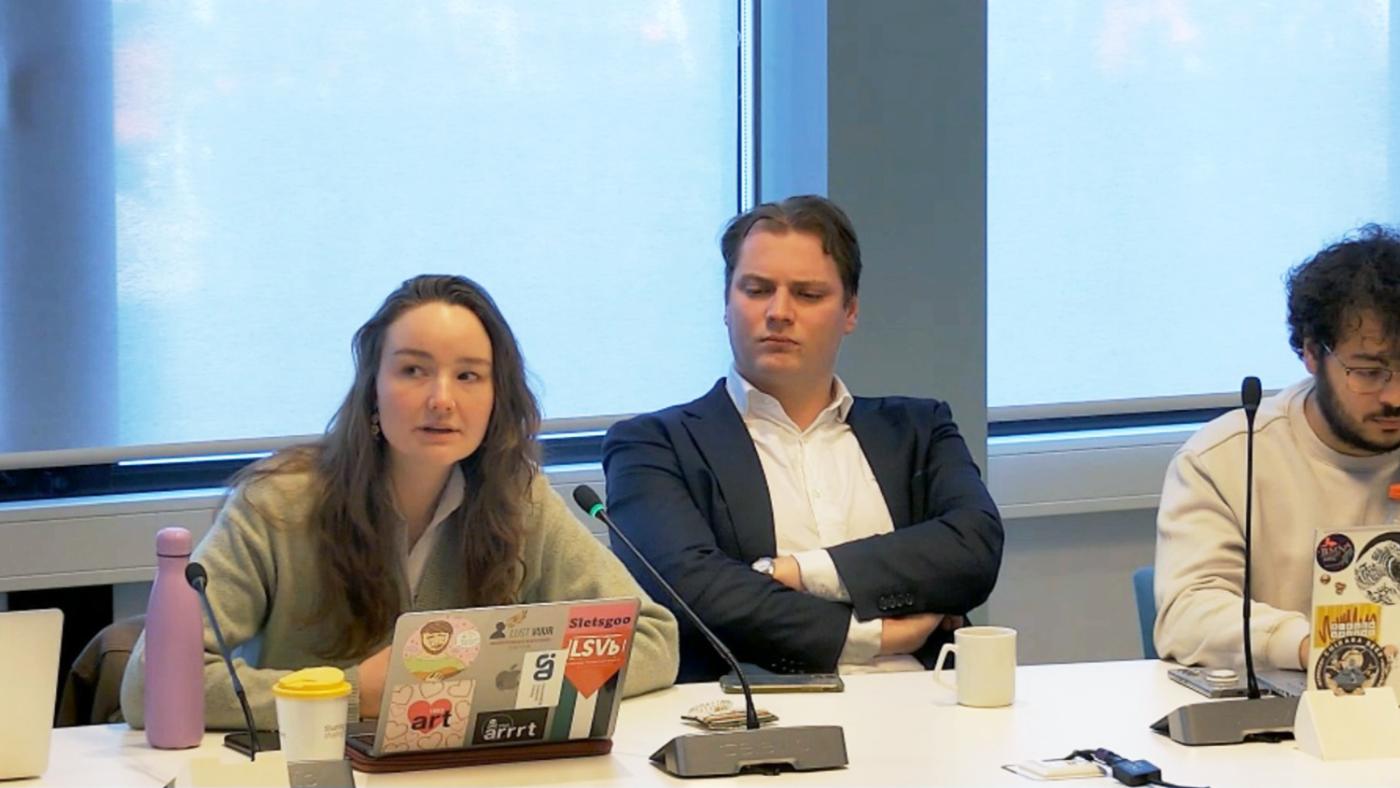Student delegation rejects plan
Honours programmes at the faculty level will not be abolished after all

Last year, right before the Christmas holidays, the Executive Board announced that UU would abolish all honours programmes at the bachelor's level offered by the faculties. The abolition of honours programmes was presented as a fait accompli, with the Executive Board claiming that all vice deans wished to do that. The university reportedly didn't inform prospective students about honours programmes on its open days, to the great indignation of the University Council, which had yet to vote on the plan.
Meanwhile, the faculties had already started dismantling their honours programmes. After all, doing away with these programmes would save the faculties over a million euros, which they wanted to invest in other educational activities. The measure was meant to alleviate the painful budget cuts imposed by the Dutch government.
No longer obliged
The decision-making process behind the abolition of honours programmes was messy. UU Rector Henk Kummeling acknowledges that "the preliminary process did not go as it should have in terms of communication, participation and co-determination." During the University Council meeting held on Monday, the rector emphasised several times that what is being abolished is the obligation of offering honours programmes at the bachelor's level (link only accessible to users with a Solis ID, Ed.). Currently, the Education Directive states that all Bachelor's programmes must offer an honours programme.
If this obligation falls, each faculty will be allowed to decide whether or not to keep their honours programmes – and, if so, how to do it. "We are simply no longer obliging faculties to continue honours programmes in this way and at this cost," said Kummeling. That sounded as if the abolition of honours education had not yet been decided, though the Executive Board's proposal states that UU intends to "stop the influx of Bachelor's students into the honours tracks of September 1, 2025."
Part of the regular programme
The Executive Board justifies its decision by saying that the new education model envisages introducing certain features of honours programmes, such as community-engaged learning and interdisciplinarity, to the regular programme.
However, the University Council fears that removing the obligation to offer honours programmes at the Bachelor's level will make these programmes virtually non-existent. Lieke Fokker, a student member of the council from the Vuur party, believes that austerity measures are being introduced too quickly, while much is still "uncertain about what the proposal will bring. Students should have the opportunity to stand out."
"The educational model has been renewed this academic year, which means that the new model will not be implemented in 2025-2026. The implementation is still ongoing. The programmes that would have made honours education redundant will not be available yet. By abolishing honours education in advance, the university is depriving students of the opportunity to distinguish themselves."
The student delegation also wants to prevent students who chose UU because of the honours programme from being disadvantaged if they are no longer able to enrol next year.

Photo: screenshot of a recorded University Council meeting.
Postponement
In the meeting, the student members revealed that they did not want to agree to the proposal. The Executive Board tried to salvage the plan by going along with council member Saban Caliskan's proposal to postpone it for a year, which would mean that UU would have no more honours programmes at the faculty level as of 2026-2027. This would give faculty councils and programme committees more time to reconsider honours programmes.
However, the students rejected the compromise as their objections remained unaddressed. Fokker believes it should be clear how honours education would be incorporated into the programmes. Next year, the Executive Board should present a more thorough plan, on which the future members of the University Council would vote. The ten students present voted against that idea, while the six staff members agreed with the Executive Board's proposal.
Relief
Many students were in the public gallery. Last week, the student delegation in the University Council wrote an op-ed for DUB calling on students to attend the meeting. Frans Willem Lantink, honours director at the Faculty of Humanities, was also present. He is "pleased with the strong stance displayed by the student delegation. Many people criticised the speedy and careless way these cutbacks were being implemented. They didn't consider what should replace the honours programme."
It bothers him that the university immediately talked of axing honours programmes without looking for a more affordable alternative first. "Everyone understands that sacrifices must be made and no one is saying honours programmes shouldn't tighten the belt. But this was just too much, too fast."
The Faculty of Humanities, which is being hit the hardest by austerity measures, was planning to discontinue honours programmes. In total, that would have saved the faculty 300,000 euros a year. Humanities Dean Thomas Vaessens says the faculty is "considering the matter. We can't foresee what the consequences will be right now, but our faculty has already had to reduce costs on its regular education, so you can imagine that this is a difficult message to deliver."